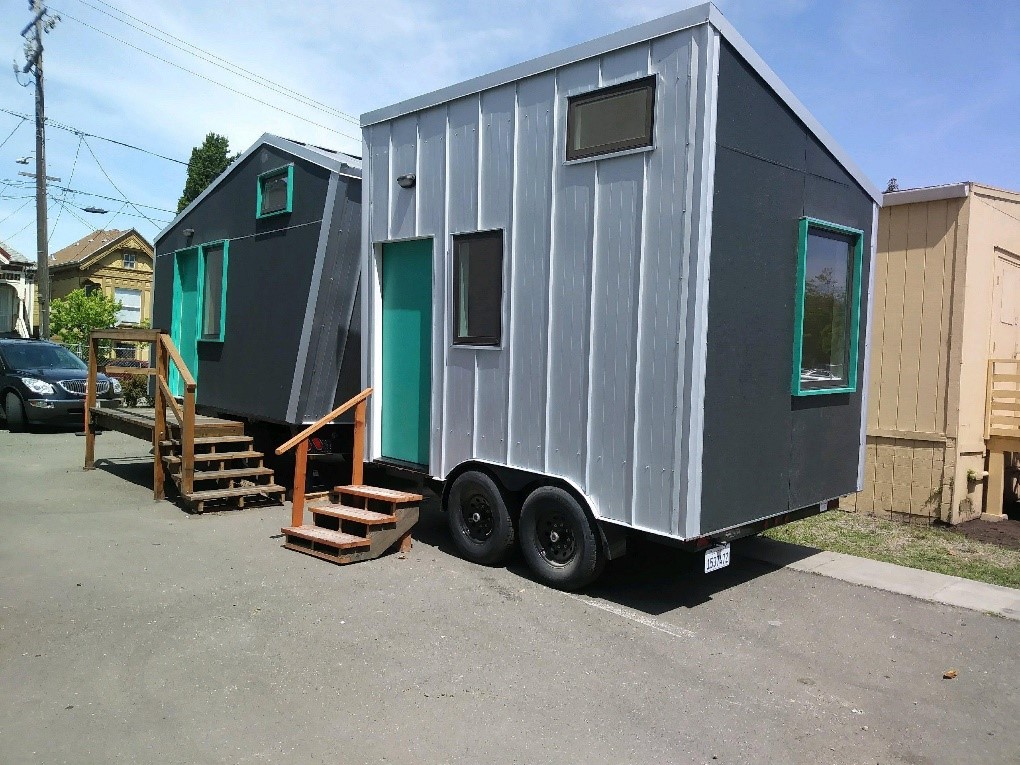Every month, we highlight a grantee that we’ve recently funded through our Equity Grants Program, which advances racial and economic inclusion in the Bay Area.
If you’re interested in learning how homelessness is being tackled in Oakland, it’s important to understand the work of The Interfaith Council of Alameda County (ICAC). ICAC is a network of diverse faith-based organizations that earlier this year began developing a response to Oakland’s homelessness crisis. ICAC’s Tiny Home and Safe Car Park Initiative leverages its congregations’ underutilized land to provide space for both tiny homes and overnight car parking to keep the city’s homeless population safe.
As the Bay Area’s housing crisis continues to grow, more and more residents are forced to live in cars and RVs. But finding a safe place to park without restrictions on overnight parking can be an added challenge. ICAC’s new initiative is addressing a specific need for the homeless population. Because faith services are most often held on weekends, church, mosque, temple and synagogue parking lots are underutilized during the rest of the week. Moreover, these parking lots are often gated, providing much needed security for families living in their vehicles. Other services, such as showers, food, clothing and child-related services, are also available at many of the initiative’s participating locations.
Of ICAC’s initial participants, West Side Missionary Baptist Church already has two tiny homes located in its parking lot. Built by Laney College students, these tiny homes are intended to temporarily house homeless students from nearby Laney College until they can find permanent housing.
ICAC’s new initiative immediately addresses one aspect of Oakland’s homelessness crisis while at the same time offers a unique model that can be replicated in other cities in the Bay Area and beyond. Now in its pilot phase, the initiative includes 10 faith-based organizations that aim to serve 200 homeless people over a three to six months. In its second phase, ICAC plans to expand to 20 organizations that can serve 1,000 people throughout Alameda County.


